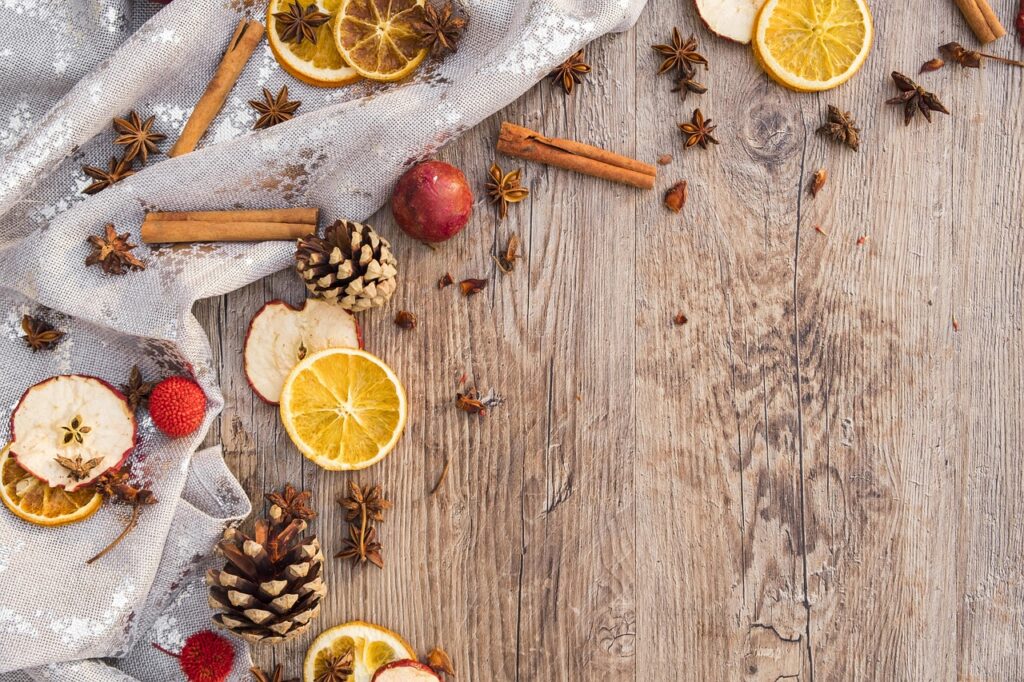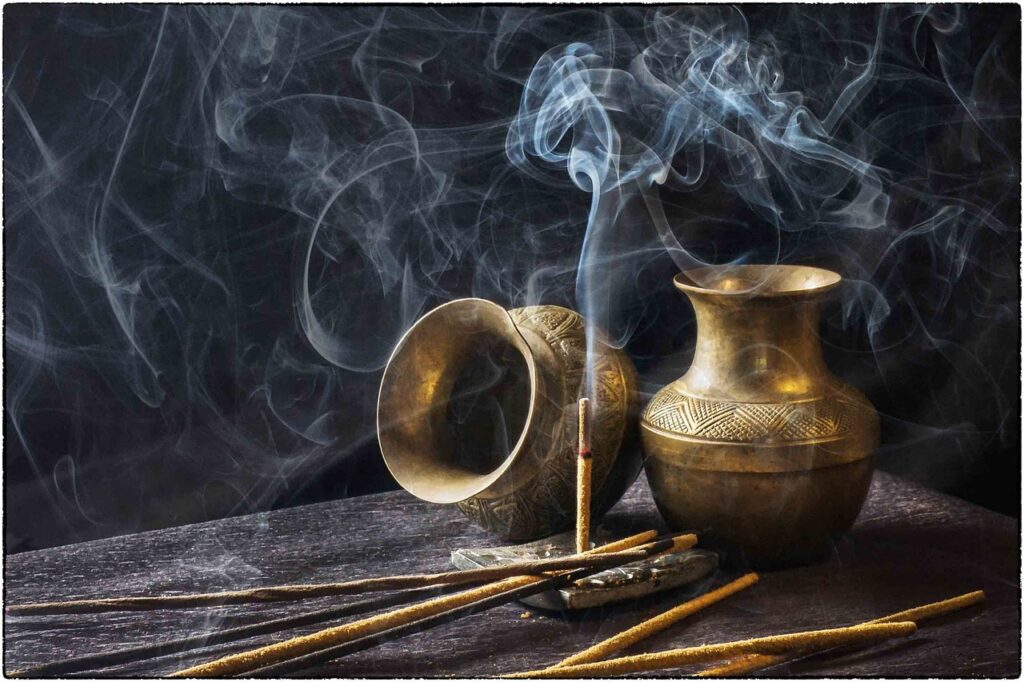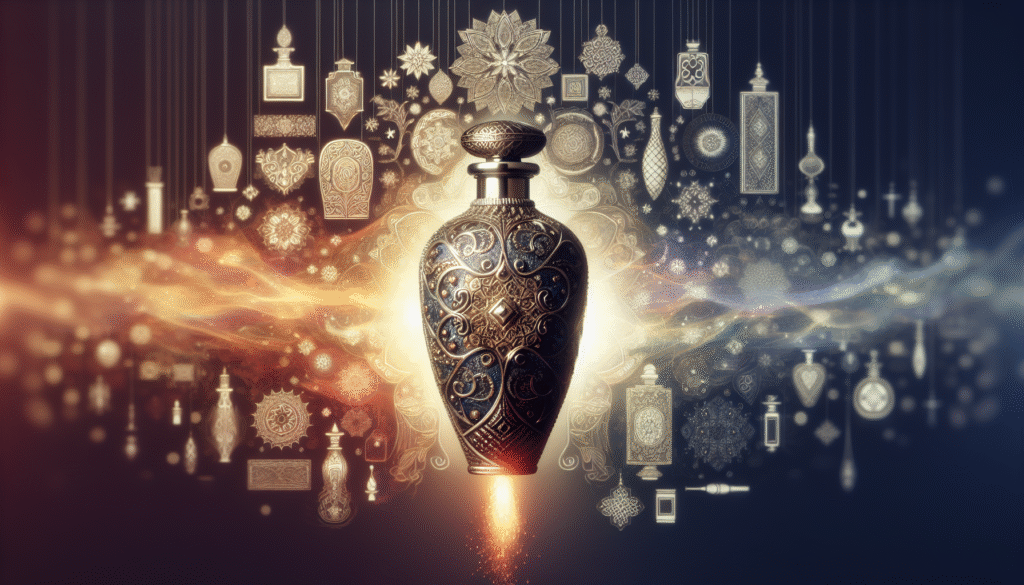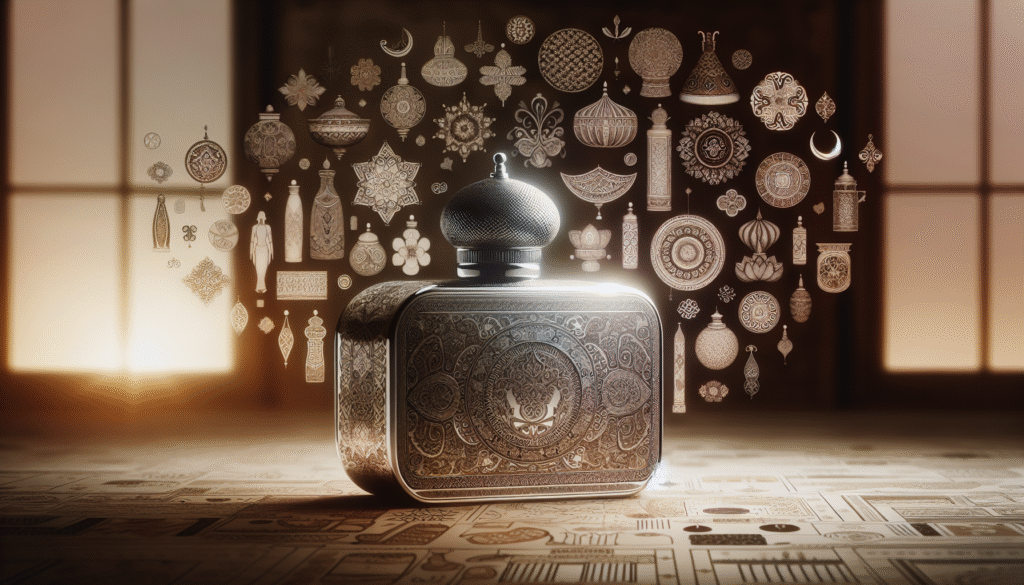Have you ever wondered why perfume has such an enchanting presence across various cultures and traditions? It transcends mere fragrance and holds deeper meanings, often interwoven with history, religion, and cultural practices. Perfume’s use is as ancient as human civilization itself, mirroring a tapestry of beliefs and customs from different corners of the world. In this article, we’ll explore the multifaceted role of perfume in diverse cultures and its significance beyond just scent.

This image is property of pixabay.com.
The Historical Roots of Perfume
Perfume’s history can be traced back thousands of years, and its journey is as aromatic as the scents themselves. Ancient civilizations like the Egyptians, Greeks, and Romans not only used perfume for its alluring scent but also integrated it into their spiritual and social rituals.
Ancient Egypt: Fragrance of the Gods
In Ancient Egypt, perfume was more than just a luxury. It was used in religious ceremonies, and embalming practices, and was considered an offering to the gods. Egyptians believed that scents had divine origins, associating them with deities and the afterlife. Perfume recipes were etched on temple walls, highlighting its sacred role.
Greece and Rome: Perfume as a Status Symbol
For the Greeks and Romans, perfumes symbolized sophistication and social status. They infused oils with exotic spices and flowers, showcasing their wealth and refinement. Perfumery was also linked to medicine and hygiene in these societies, reflecting a holistic approach to scent.
The Role of Perfume in Religion and Spirituality
Perfume often crosses paths with religious and spiritual practices, serving as a conduit between earthly and divine realms. Different religions incorporate fragrances into their rituals, believing in their ability to purify, sanctify, and enhance spiritual experiences.
Hinduism: The Fragrant Path to Spirituality
In Hinduism, the use of aromatic substances in rituals is documented in ancient texts such as the Vedas. Incense and fragrant oils are integral to worship, symbolizing purity and the presence of the divine. The scent is believed to elevate the spirit and aid in meditation and prayer.
Christianity: Scents in Sacred Rites
Christian traditions utilize fragrances, specifically incense, during liturgical ceremonies. The sweet smoke is seen as an offering, carrying prayers to heaven. Moreover, anointing oils in Christian rituals have a deep-rooted connection with healing and blessing practices.
Islam: The Fragrance of Paradise
In Islamic culture, perfume is considered a gift from heaven, reflecting the virtues of cleanliness and beauty. The Prophet Muhammad valued fragrance, and using perfume is encouraged in religious rites. Spreading scented oils before prayers is a common practice, emphasizing both hygiene and spirituality.

This image is property of pixabay.com.
Cultural Variations in Perfume Usage
Perfume usage varies dramatically across different cultures, reflecting unique customs and values. From daily life to special occasions, each culture imbues scent with its particular significance.
Persian Perfume: The Art of Distillation
Persia, or modern-day Iran, is credited with pioneering the chemical process of distillation, which revolutionized perfume production. Perfumes in Persian culture are celebrated for their intricate compositions, often utilizing floral notes like rose and jasmine, revered for their beauty and symbolism.
French Perfumery: The Modern Epicenter
France, particularly the region of Grasse, has long been the heart of modern perfumery. Perfumery in France is an art form, and scents are crafted with precision and creativity. French perfumes have become synonymous with luxury and elegance, influencing global trends and standards in fragrance.
Arabian Perfume: The Essence of Heritage
In Arabian cultures, perfumes are deeply linked to hospitality and tradition. The use of rich, resinous scents such as oud and amber is prevalent. Perfume is not just a personal adornment; it’s a cultural artifact representing identity and welcoming guests with generosity.

This image is property of pixabay.com.
Perfume in Traditional and Modern Celebrations
Throughout the world, perfumes play a central role in both traditional and modern celebrations, often symbolizing joy, prosperity, and new beginnings.
Weddings: Perfume as a Symbol of Love
Weddings across cultures frequently feature perfumes, marking the union of two souls. Scent is used to anoint the couple, purifying and blessing their life together. Whether it’s the sweet smell of jasmine in Indian weddings or sophisticated scents in Western ceremonies, perfume enhances the celebration’s ambiance.
Festivals: Aromatic Celebrations
Many cultures incorporate fragrance into festival celebrations, aligning them with joyous articles. For instance, during Diwali in India, homes are adorned with floral scents, while during Christmas, pine and spice fragrances add warmth to the atmosphere.

Perfume as Personal Expression
In modern times, perfume has expanded beyond cultural and religious contexts, becoming a form of personal expression. Scent choices can reflect aspects of one’s personality, mood, and even aspirations.
The Psychology of Scents
There is a growing interest in the psychological impact of scents. Fragrances can evoke emotions and memories, influencing mood and behavior. Aromatherapy leverages this connection, using essential oils to promote well-being.
The Rise of Custom Fragrances
With personalization becoming a trend, custom perfumes have gained popularity. Individuals now curate fragrances that resonate with their unique identity, further blurring the lines between tradition and personal expression.

Conclusion: The Enduring Power of Perfume
Perfume remains a timeless element woven into the fabric of human existence. Its rich history and diverse roles across cultures underscore its multifaceted nature. Whether it is used in age-old rituals or modern expressions of individuality, the art of perfumery continues to captivate and connect people across the globe. As you explore these aromatic traditions, you may find a deeper appreciation for the scents that shape our lives and cultures.




